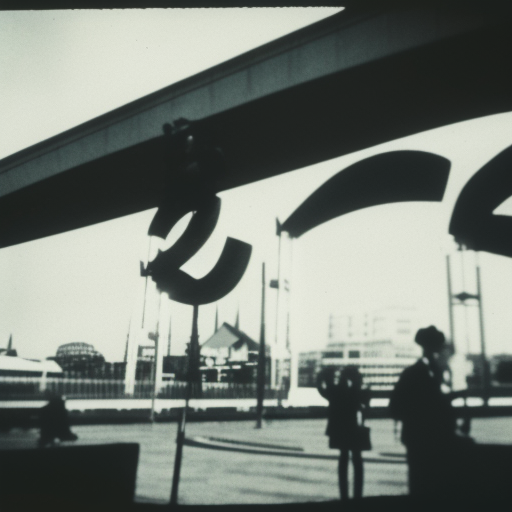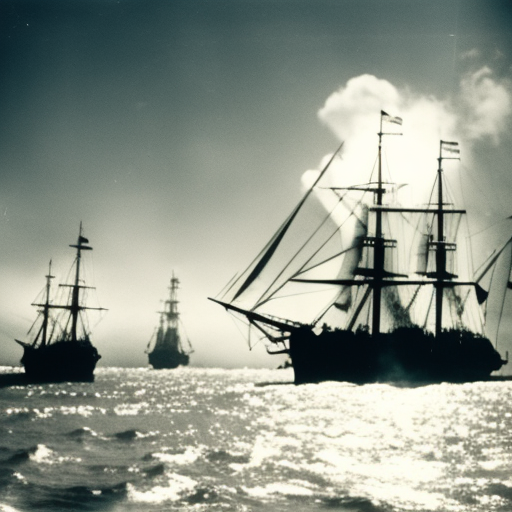The London 2012 Summer Olympics
The London 2012 Summer Olympics, officially known as the Games of the XXX Olympiad, were held in London, United Kingdom, from July 27 to August 12, 2012. It was the third time that London had hosted the Olympic Games, having previously done so in 1908 and 1948. The event brought together athletes from around the world to compete in a wide range of sports and showcased the city’s rich history and cultural diversity.
Preparations and Infrastructure
London underwent significant preparations to host the Olympics, including the construction of new sporting venues and the improvement of existing infrastructure. The centerpiece of the Games was the Olympic Park, located in East London, which featured several iconic structures such as the Olympic Stadium, Aquatics Centre, and Velodrome. These venues were designed to be sustainable and were later repurposed for public use.
Opening Ceremony
The London 2012 Olympics began with a spectacular Opening Ceremony on July 27, directed by Danny Boyle. The ceremony celebrated British history and culture, with highlights including a recreation of the Industrial Revolution, a tribute to the National Health Service, and a performance by Sir Paul McCartney. The Queen of the United Kingdom, Elizabeth II, officially declared the Games open.
Competition and Achievements
Over 10,000 athletes from 204 National Olympic Committees participated in the London 2012 Olympics. The Games featured 26 sports, including traditional events such as athletics, swimming, and gymnastics, as well as newer additions like BMX cycling and women’s boxing. Athletes competed for gold, silver, and bronze medals in their respective disciplines.
The United States topped the medal table, winning a total of 46 gold medals and 104 medals overall. China finished second with 38 gold medals, while Great Britain had their most successful Olympics in over a century, securing 29 gold medals and 65 medals in total. Notable achievements included Usain Bolt’s successful defense of his 100m and 200m titles, Michael Phelps becoming the most decorated Olympian of all time, and Mo Farah winning both the 5,000m and 10,000m races.
Legacy and Impact
The London 2012 Olympics left a lasting legacy on the city and the sporting world. The Games were praised for their organization, hospitality, and the enthusiastic support of the British public. The event also had a significant economic impact, generating billions of pounds in revenue and creating thousands of jobs.
In terms of infrastructure, the Olympic Park was transformed into Queen Elizabeth Olympic Park, a public space that includes sports facilities, parklands, and residential areas. The success of the Games also inspired a new generation of athletes in the United Kingdom, leading to increased participation in sports and the development of future champions.
Furthermore, the London 2012 Olympics set a new standard for sustainability in Olympic Games. The event aimed to be the greenest Games in history, with measures taken to reduce carbon emissions, promote recycling, and use renewable energy sources. The sustainability initiatives implemented during the Games have since influenced the planning and organization of subsequent Olympic events.
In conclusion, the London 2012 Summer Olympics were a memorable and successful event that showcased the best of British culture, sportsmanship, and organization. The Games brought together athletes from around the world, provided a platform for outstanding performances, and left a lasting legacy on the city of London.












